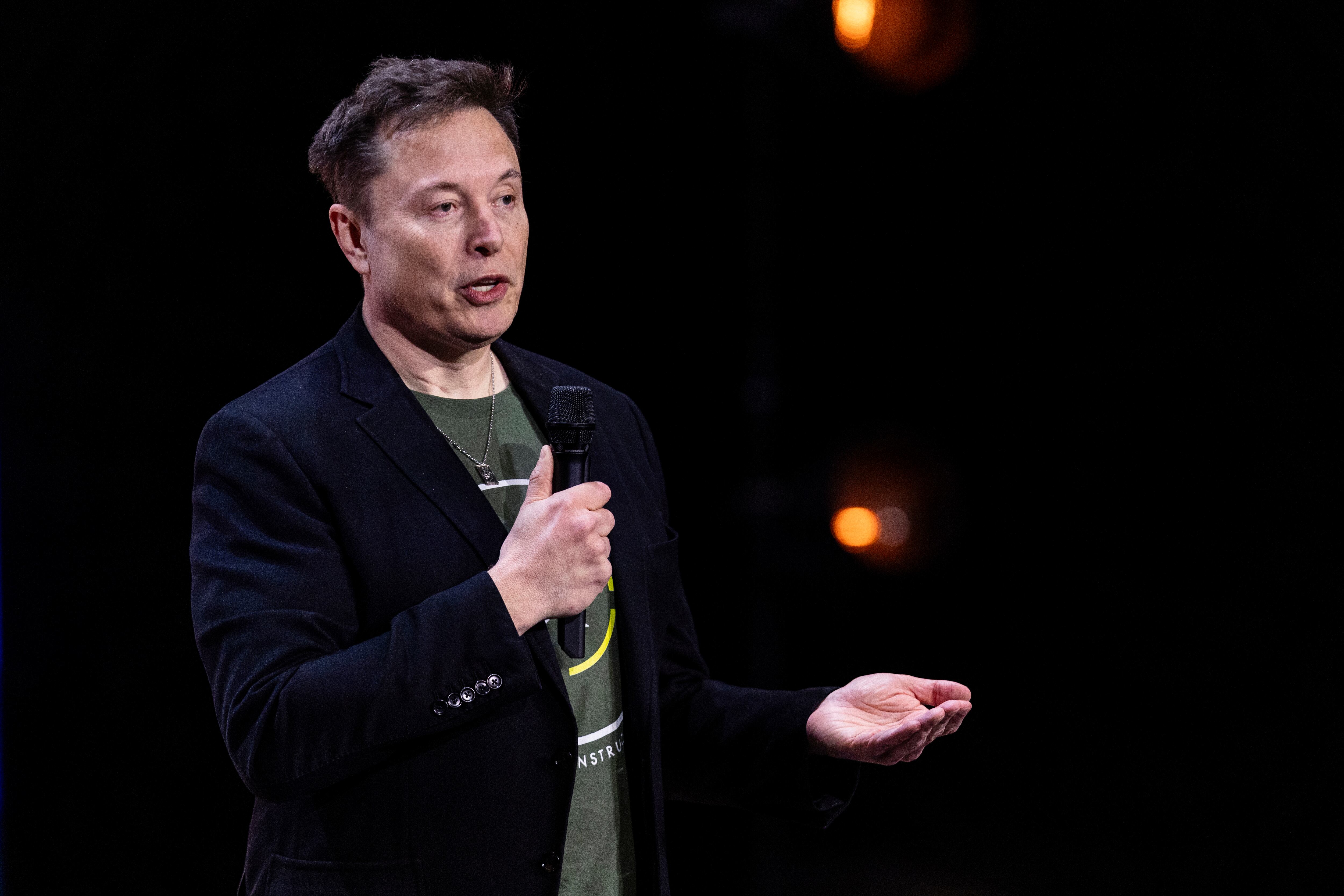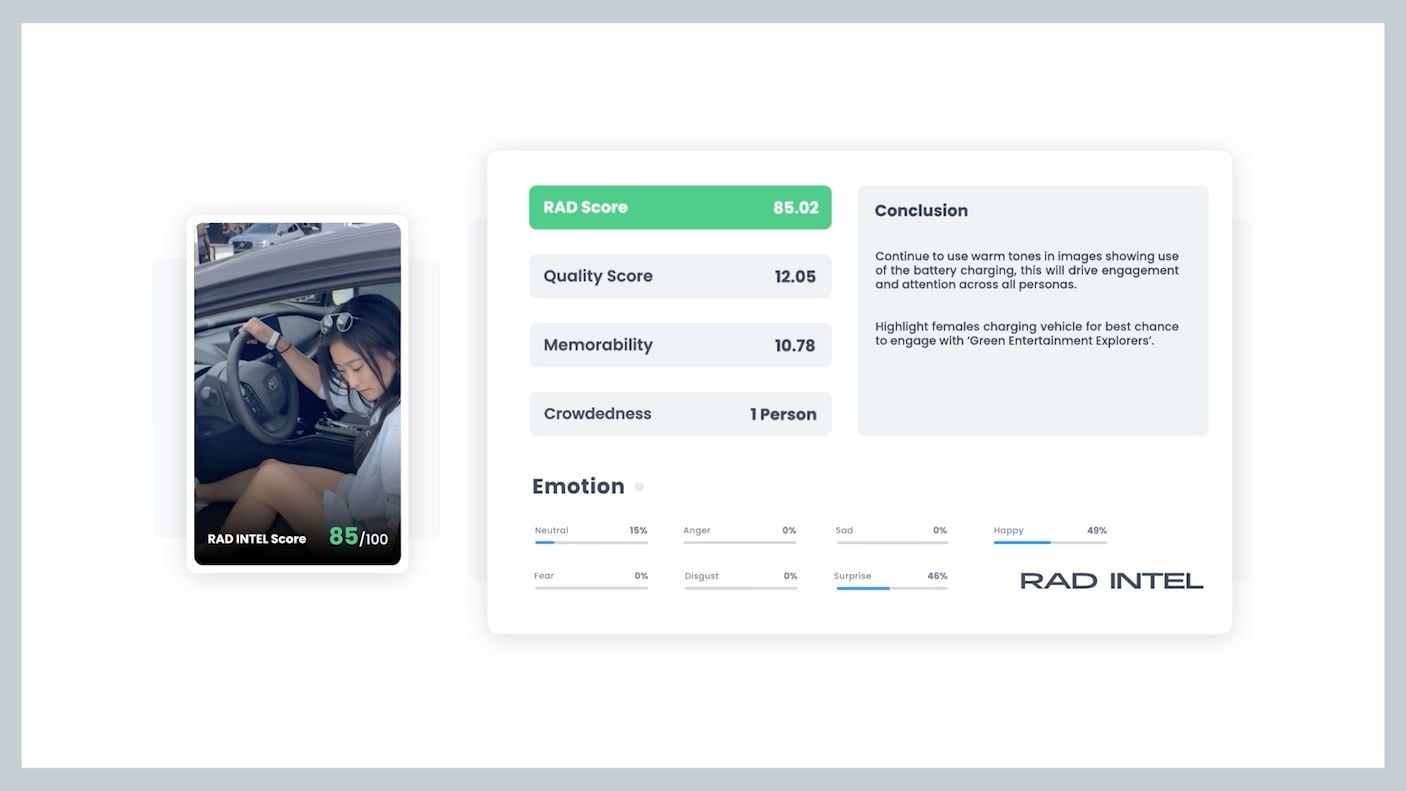Apple is reportedly planning to launch three new iPhones this year. The timing of the news, a day after Samsung unveiled its latest Galaxy S9 at the Mobile World Congress in Barcelona, may seem coincidental. But Mark Spoonauer, editor-in-chief at Tom's Guide, says the American tech giant is nervous about more than just its rivalry. “I think they’re sweating in general, not necessarily because of competition,” he said. “There was so much hype behind the iPhone X and that sales reportedly are not where they were expected to be.” According to Bloomberg, Apple will unveil three new devices this fall. One would be the company’s largest yet, with a 6.5-inch screen, another will offer some upgrades to the current iPhone X, and the last is a more affordable version of the $1,000 smartphone. Samsung is trying to capture some of the users seeing sticker shock with its S9. But a cheaper price tag and a better camera may not be enough to bite into Apple’s U.S. market share, Spoonauer says. “I think what Samsung needs to do is strengthen their software and their services to make people feel more comfortable about making the switch,” he says. “Just talking to people around the city today, they loved the design of the S9, but they’re nervous about leaving Apple’s ecosystem.” For the full interview, [click here](https://cheddar.com/videos/the-battle-is-on-samsung-galaxy-s9-vs-iphone-x).












